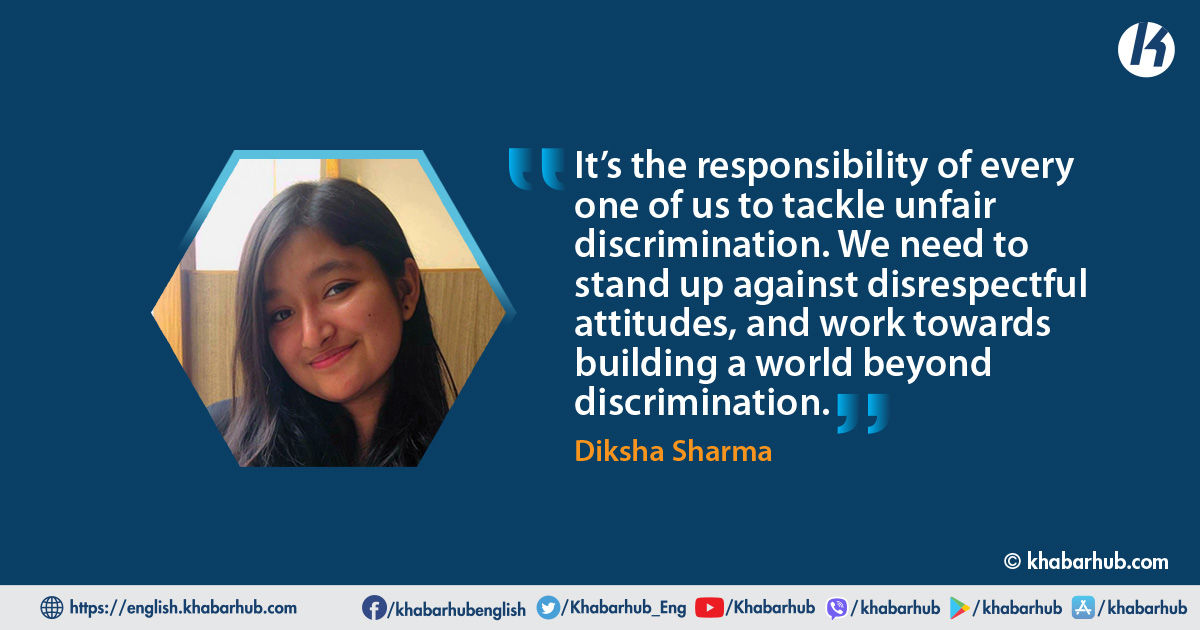Stares, inappropriate touching, lecherous gestures, among others are undoubtedly everyday experiences for women using public transportation in Nepal.
Sexual harassment has been a major problem, especially in public transport.
However, I came across a different incident when I was traveling on a public bus a few months ago. A man, who allegedly touched a lady sitting beside him, was thrashed by some passengers in the bus without comprehending the issue.
The man was thrashed when the lady shouted at him alleging him for touching her inappropriately.
The story was, however, different. A little girl who was passing by the woman had unknowingly pushed the lady with her hands. The lady thought it was the man sitting beside her who had pushed him.
Well, why did this man become the victim here? It’s because of the harassment that women face every day in public buses.
Harassment and inappropriate touching in public transport are daily realities as women become the victims of some type of gender violence.
Gender equality has to be ensured as it prevents violence against women. Moreover, a society that values women and men as equal is quite safer.
It is evident that most working women choose to opt for public transportation in Nepal as well as other South Asian countries.
Unfortunately, they are susceptible to physical and verbal harassment at the hands of other travelers and even bus operators during the course of their commute.
Gender discrimination comes in various forms, and Nepal is no exception. Sexual harassment and catcalling are examples thus restricting the women’s right to walk or commute freely.
According to Save the Children, gender-based violence or discrimination occurs everywhere around the world across all economic and social groups.
Even though boys are also negatively impacted, girls are particularly at risk.
It says an estimated 1 in 3 women globally has experienced physical or sexual violence such as prenatal sex selection, female infanticide, rape, forced prostitution, among others.
Gender discrimination or gender inequality is the idea that men and women are not treated equally.
It is a common problem in many other countries or, in fact, globally. But in Asian countries like Nepal, people have a mindset that whenever it comes to gender discrimination, it refers to women not getting their rights.
Moreover, there is a notion that women in Nepal are way too back than men. However, when it comes to my perspective on discrimination, both genders should be treated equally.
No gender should be proven weak in order to make the other one stronger. But in our society women are sometimes given more privileges than their male counterparts.
Take this for instance: Why do we have designated women seats in public buses? Of course, there are women who are pregnant. I would suggest that seats should be designated for pregnant women.
According to Wikipedia, more women (23%) than men (19.3%) have been assaulted at least once in their lifetime.
Also, there are men who have suffered IPV (Intimate Partner Violence) too.
Meanwhile, there have been several cases of acid attacks, rapes, mental torture, and physical torture.
According to SDG (Sustainable Development Goal) no.5, women are enjoying their rights and are more independent than before.
However, men are blamed for every minor wrongdoing.
Therefore, gender equality has to be ensured as it prevents violence against women. Moreover, a society that values women and men as equal is quite safer.
Both men and women need to be treated with the same respect besides giving the same opportunities.









Comment